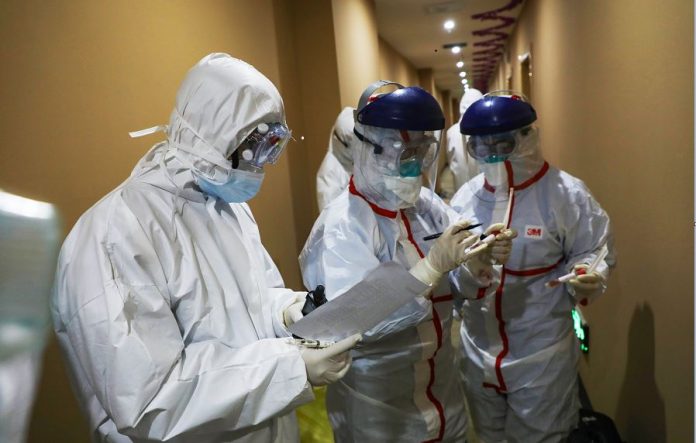No vaccine is yet ready for commercialization, with 168 candidate vaccines in development worldwide.
Tunisian health authorities announced on Wednesday 19 August that they are working on a vaccine against the new coronavirus, at a time when the country is facing an unprecedented rise in cases, following the opening of its borders for the summer. “We are still in the preclinical stages,” Hechmi Louzir, director of the Pasteur Institute in Tunis, told the press. The team, which “started working at the start of the pandemic, has already developed a DNA-based rabies vaccine and is using the same technology in its research,” he added. No vaccine is yet ready to be marketed, but 168 candidate vaccines are in development around the world, according to the World Health Organization (WHO).
PCR test
On the other hand, the Tunisian authorities also announced that all travellers will now have to present a negative PCR test to enter the country, regardless of their origin. This was already the case for countries such as France, Belgium or the United Kingdom, but not for travellers arriving from Germany or Italy. Since the decision to abolish mandatory quarantine and open the borders on 27 June, Tunisia, which had contained the pandemic, has recorded record rates of contamination according to the Ministry of Health. It has noted 1,225 new cases of contamination, including 449 “incoming” cases and 776 local contaminations, since the opening of the borders. A total of 10 deaths linked to Covid-19 have been recorded since that same date. The latest official report shows 129 new cases, bringing the total number of identified patients to 2,427, including 60 deaths.
Mandatory masks
Masks are once again mandatory in all public spaces, especially on public transport and utilities. The worsening health situation coincides with political turmoil in the country following the resignation of the Prime Minister and the appointment of a successor who is expected to form a government by the end of August.
These crises have taken a heavy toll on an already fragile economy, with GDP falling by a record -21.6% in the second quarter compared to the same period last year, according to the National Institute of Statistics. Unemployment, which eats away at the dreams of young people and graduates, rose from 15% to 18% officially in the second quarter, its highest level since the end of 2011 according to the INS. “With the exception of agriculture, which was able to take advantage of the period of confinement, all other branches are collapsing,” laments the Economist, who doubts that the Tunisian state can continue to maintain its social policy.
Source: Francetvinfo

